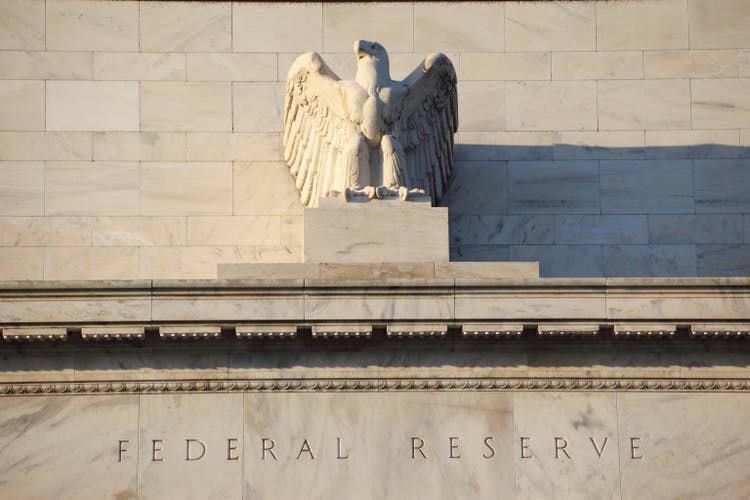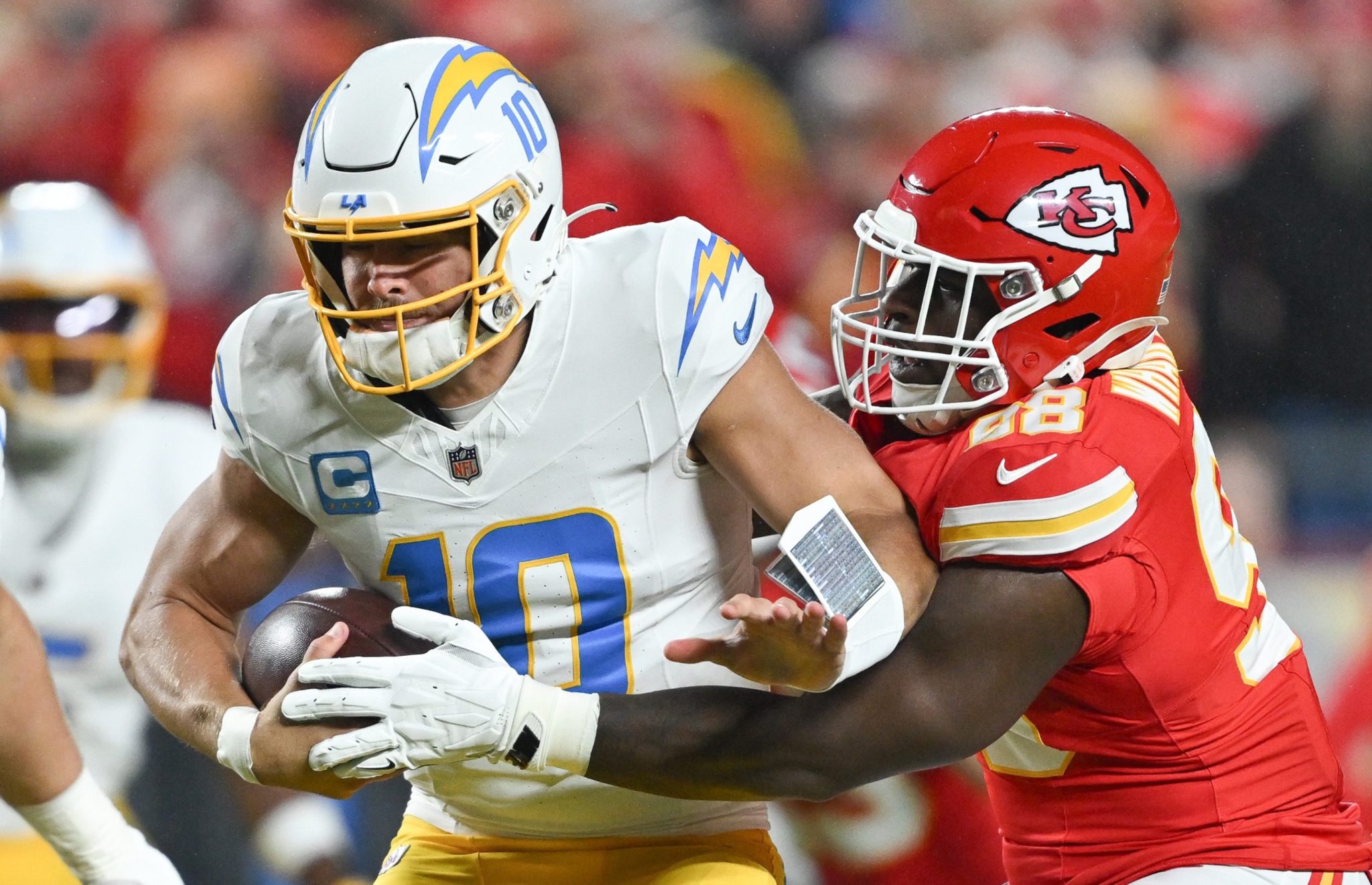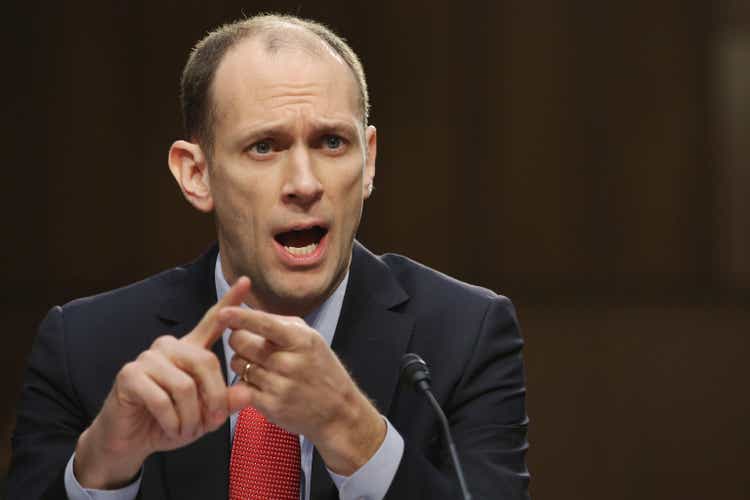- There are downsides to sharing a name with one of the world’s most well-known people. Mark S. Zuckerberg, an Indiana bankruptcy lawyer, is suing Meta, claiming the tech company disabled his commercial Facebook account for “impersonating a celebrity,” ostensibly Meta founder and CEO Mark E. Zuckerberg. Meanwhile, the company allegedly kept the $11,000 Zuckerberg spent advertising his law firm on the platform. Zuckerberg told Fortune his defunct account put his law practice at a competitive disadvantage.
It’s Mark Zuckerberg v. Mark Zuckerberg. An Indiana bankruptcy lawyer who shares a name with the Meta cofounder and CEO is going after the social media giant for allegedly disabling Facebook accounts because he was “impersonating” the tech billionaire of the same name.
Lawyer Mark S. Zuckerberg sued Meta this week, claiming the company breached its contract by repeatedly disabling Zuckerberg’s personal and commercial accounts while continuing to accept payments for advertisements of Zuckerberg’s law firm. According to the lawsuit, Meta has disabled Zuckerberg’s pages a total of nine times in the last eight years, including five times for his commercial account and four times for his personal page.
“Each time Plaintiff’s Facebook account is disabled, Meta accuses Plaintiff of ‘impersonating a celebrity’ and not using an ‘authentic name,’” the complaint said.
Zuckerberg told Fortune that Meta sometimes took between four and six months to reinstate his account, while keeping the $11,000 he spent on advertising. Every time it was disabled, Meta required him to scan images of his driver’s license and credit card and submit videos showing his face, according to the lawsuit. The lawyer said a lack of online presence as a result of a disabled account put him at a competitive disadvantage.
“All my competitors are using the platform to try and get clients, and I paid [Meta] money to try and get clients, and then they shut me off again,” he said. “It’s just not fair, and it’s not right.”
Meta makes the majority of its revenue—which totalled $164.50 billion in 2024—from advertising. However, the tech company has come under scrutiny for its practice of making advertising revenue from accounts it removes from its sites.
From July 2018 and April 2022, Meta made more than $30 million in advertising revenue from public relations or advertising networks that the company later removed for participating in “coordinated inauthentic behavior” like spreading misinformation or taking on false identities, Wired reported in 2022. A Meta spokesperson confirmed to the outlet it does not give back ad payments if a network is removed from the platform.
According to Zuckerberg’s lawsuit, “Meta has a duty to exercise reasonable care to ensure Plaintiff is able to obtain the full benefit for advertising services for which it paid.”
Meta did not respond to Fortune’s request for comment but told Axios “We have reinstated Mark Zuckerberg’s account, after finding it had been disabled in error.”
Zuckerberg has long had a history of being mistaken for the Meta boss. In 2020, the state of Washington sued him believing he was the Meta CEO, alleging he endangered an adult in need of protective services.
The bankruptcy lawyer’s personal website says his homonymous relationship with the Meta CEO has had other repercussions on his life, including the need to turn off his phone each night due to the number of notifications he receives from people believing him to be the tech billionaire. According to the website, Zuckerberg receives more than 100 friend requests from Facebook users and receives packages and letters with suggestions on how to “improve Facebook,” phone calls from people wanting tech support, as well as death threats and harassment.
“I don’t wish Mark E. Zuckerberg any ill will at all,” the website says. “I hope the best for him, but let me tell you this: I will rule the search for ‘Mark Zuckerberg bankruptcy’.”
This story was originally featured on Fortune.com

 2 hours ago
1
2 hours ago
1















 English (US) ·
English (US) ·